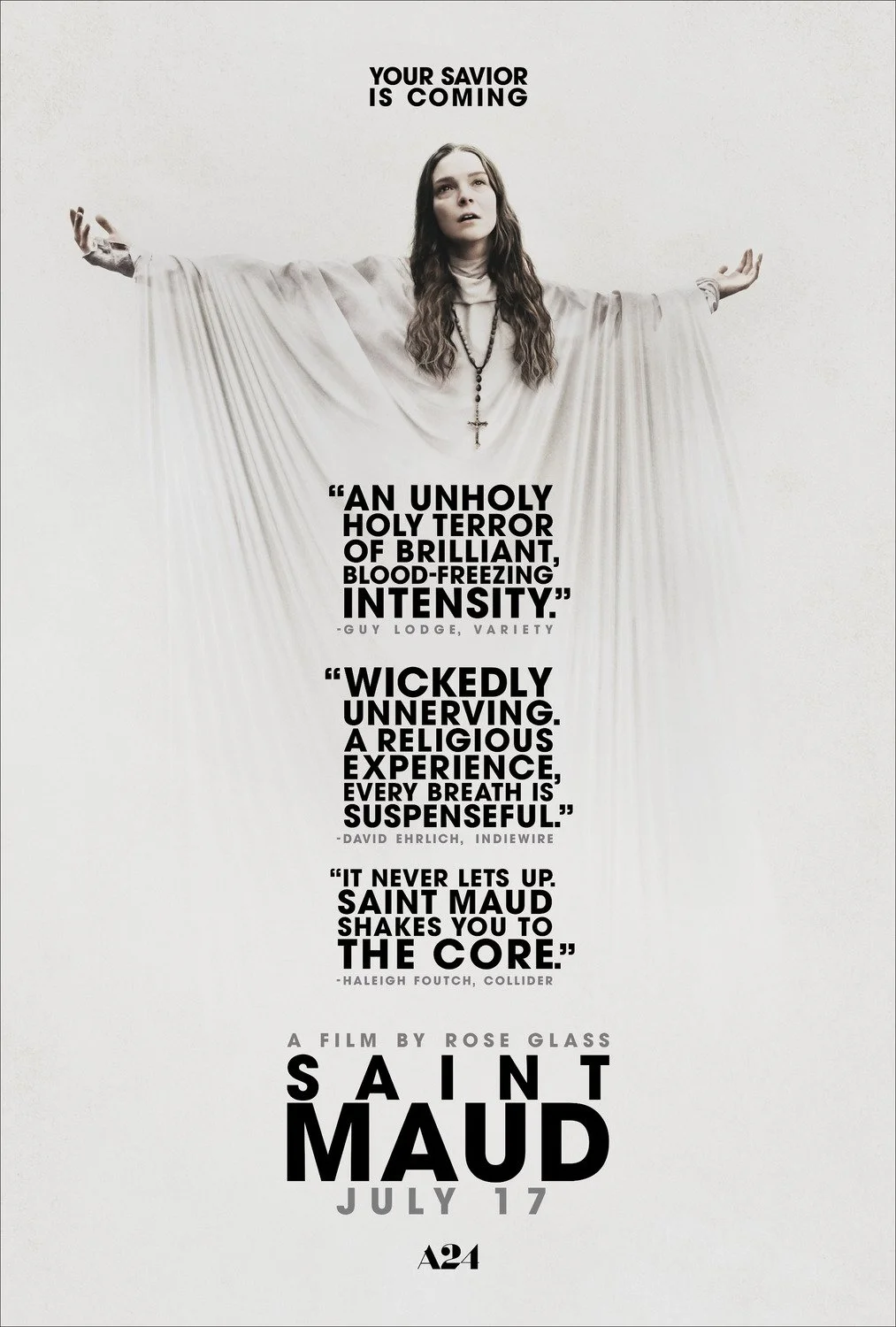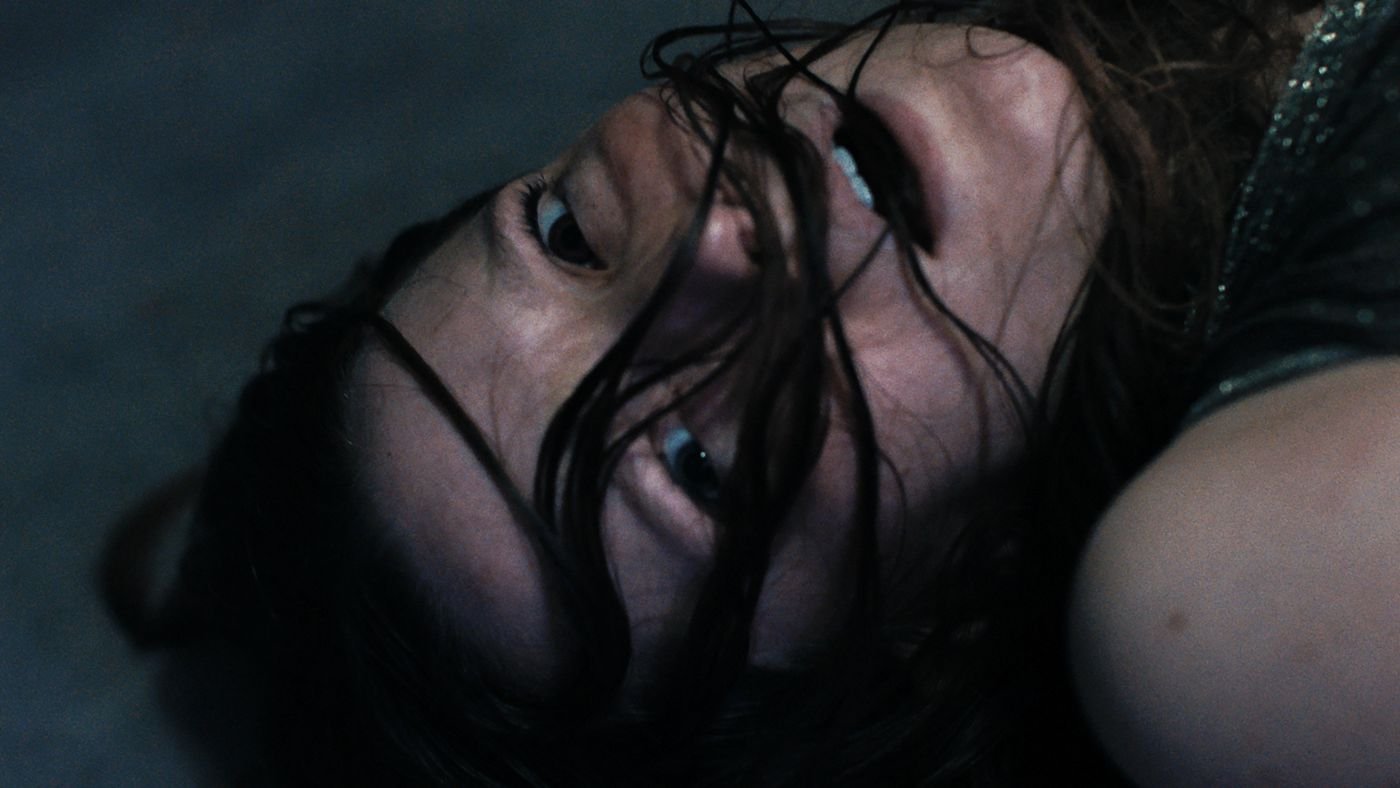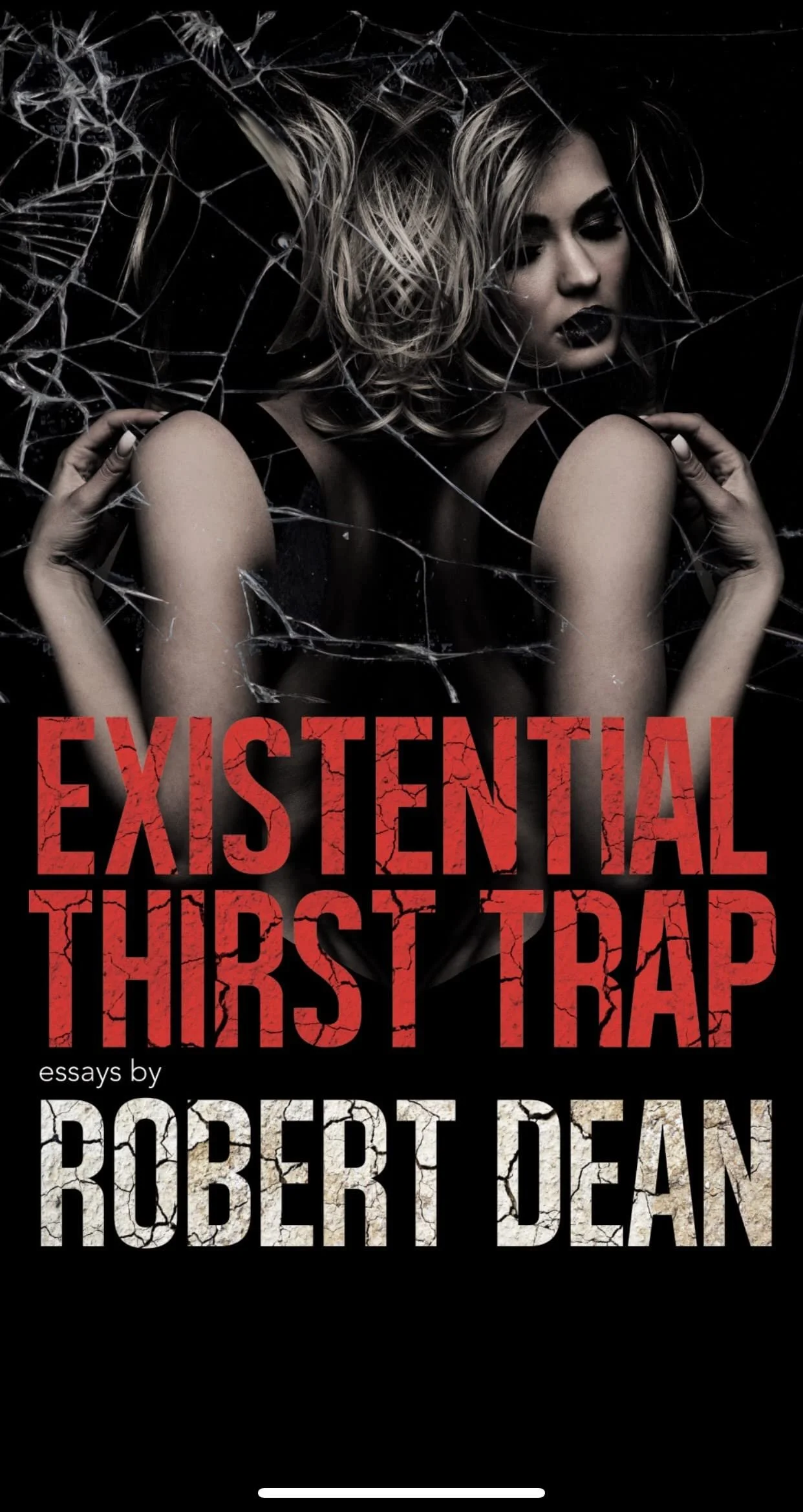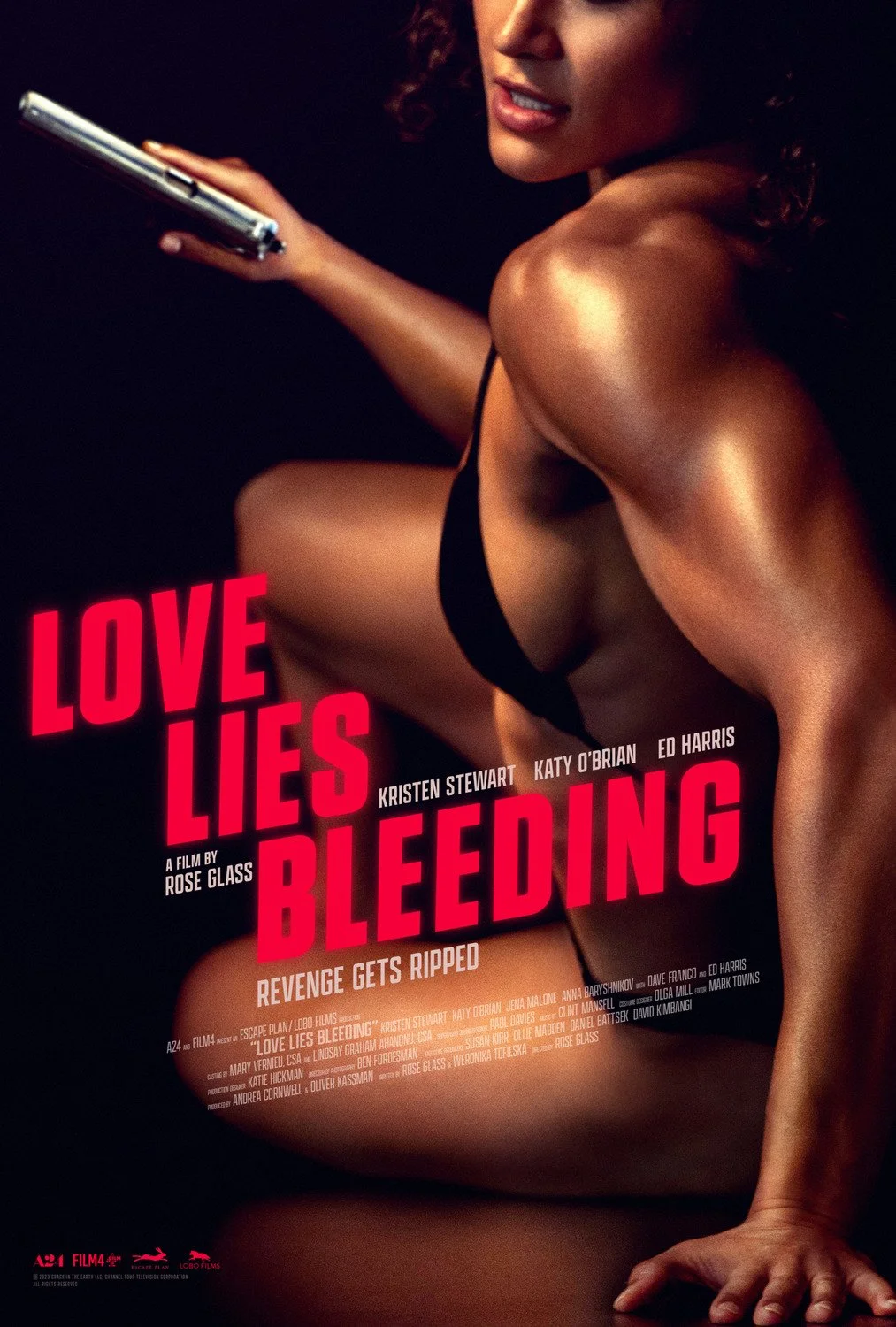Movie Review : Saint Maud (2019)
One cruel surprise adulthood reserves to every bright-eyed kid who wants to change the world: if the trade you chose doesn’t directly generate money, it's more likely to make your life miserable. Nurse know a thing or two about this. They are both necessary at keeping people alive and a sunk cost for a profit-obsessed society. Contemporary cult classic Saint Maud isn't exactly a movie about the plight of nurses, but it does have a thing or two to say about how fucking soul-killing it is to save people.
Saint Maud tells the story of Katie (Morfydd Clark), a nurse who renamed herself Maud after experiencing religious visions during a nervous breakdown. She enters private practice and becomes a caregiver for terminal patients. Everything is fine and dandy until she is assigned to Amanda Köhl (Jennifer Ehle), a dying choreographer who's raging against the dying of the light. Wanting to share her deep connection with God, Maud becomes obsessed with saving her distressed client's soul.
The discordance of body and soul
The underlying idea that propels Saint Maud is pretty simple: a physically healthy nurse with a troubled soul wants to save a physically dying artist with a vibrant soul. Easy enough. What complexifies the portrait is that Maud sees the world in black and white. Good versus evil. She considers that she’d been saved since she’s having these visions, so anyone who doesn't follow her lifestyle is inherently in need of saving. That would make Maud an annoying fundamentalist if Saint Maud wasn't a horror movie.
But it is and the religious quest of Maud becomes more complicated once Amanda shuns her after an incident involving a sex worker. She experiences a crisis of faith, her visions intensifies and Saint Maud upgrades from a brooding movie about a platonic, but sexually ambiguous relationship to a full fledged horror movie about a girl getting tossed around her apartment by what seems to be god. Ideologically, Saint. Maud takes a different turn then. You start wondering who's the healthy one between the two protagonists.
I mean, Maud becomes overtly creepy and whatnot. But Amanda's philosophy of trying to gorge as much as possible into Earthly pleasures before the great darkness becomes a lot more relatable than the quest of a woman who speaks with a God who has the voice of Bert in Sesame's Street. The death of Amanda is near and inevitable, but is the way she conducts herself in the meantime any important to what's going to happen to her? Writer and director Rose Glass offers us a delightfully ambiguous ending in that regard.
Mean Minimalism
But is Saint Maud REALLY a horror movie? It's a more difficult question to answer than it seems. It's more of a minimalist drama with supernatural and horror elements. The story itself is being told through a series of details that you need to slow down in order to appreciate. Clothing is very important in this movie. Amanda, who's body is withering away, is dressing up to seduce and feel alive. Maud is dressing down and adopting a more aesthetic look in order to separate from others and reaffirm her bond to God.
The sea is very important also. It's not just some naturalistic setting employed by Rose Glass. Whenever Maud moves closer to the sea, her connection to reality diminishes and her bond with God augments. When she turns to the world, enters public facilities like bars or hospitals, she loses herself. If you're watching this movie hoping to get freaked out, it might disappoint you because it uses a very subtle and quiet form of storytelling. Maud's moments of "connection with God" are constantly set up in the background.
*
Saint Maud is a movie that will please the enthusiasts of clever storytelling perhaps more than it will enrapture horror freaks. It's a fun, well-told movie about one of the most important ideological divides of our time. No, Maud's job as a nurse is not that important in the big picture, but it's more of a symbolic thing: she's a healer or at least it's what she perceives herself to be. That doesn't change the fact that it is also a great portrait of how insanely thankless it is to keep people alive when everybody is condemned to die.
Not quite a visceral experience, but good for the soul nonetheless







